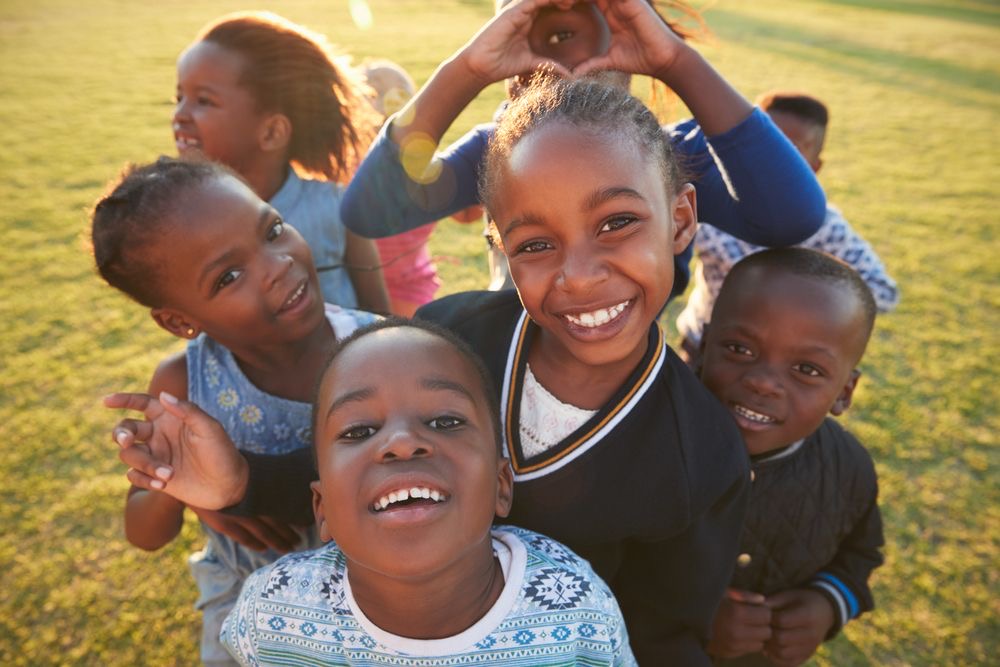Health: a human right
The COVID-19 pandemic has placed immense pressure on already-struggling systems. The release valve lies in solidarity, global access and the shared understanding that health is a basic human right for everyone, everywhere
In September 2019, the heads of state and government convened at the first high-level meeting of the 74th session of the United Nations General Assembly to adopt a landmark political declaration on universal health coverage. World leaders committed to move together to scale up the global effort to build a healthier world for all. They recognised that health is an investment in human capital, social and economic development and the empowerment of all people. Mere months later, it became clear that Sustainable Development Goal 3, to ensure healthy lives and promote well-being for all at all ages, is not a stand-alone goal: it is the foundation of our progress and sustainable development everywhere.
The COVID-19 pandemic has placed already tenuous systems under immense strain. It has demonstrated that the health of our interdependent and interconnected world is tied to the health of the most vulnerable person.
At the onset of the global pandemic, UN member states rallied to adopt General Assembly resolutions that called for solidarity and global access to medicines and medical equipment. Upon the advice of the membership, I appointed coordinators to shepherd an omnibus resolution to address all aspects of the response to the pandemic.
Yet more must be done.
Half the world’s population has no access to essential health services. For decades the financial cost of ventilators, a lack of quality training for healthcare workers and access to electricity proved an insurmountable barrier to implementing mechanical ventilation in under-resourced settings. For those in densely populated urban areas and camps, handwashing and social distancing are simply not options.
COVID-19 is plunging those in the most precarious contexts deeper into poverty and hunger. Prior to the outbreak of the coronavirus, approximately 100 million people each year were pushed into extreme poverty due to out-of-pocket spending on health. Moreover, the 821 million food-insecure people – and in particular the 135 million people in 55 countries who face starvation – require urgent attention if we are to evade a devastating famine that could result in more than 300,000 deaths per day. Those suffering from hunger are at greater risk of developing severe COVID-19 symptoms as a result of associated health conditions, such as malnutrition and non-communicable diseases, which compromise the immune system.
In 2018, the General Assembly held the third high-level meeting on non-communicable diseases. Throughout the 21st century, NCDs have been the leading cause of death in the world, accounting for 85% of deaths in developing countries. Today, COVID-19 poses a greater threat to people with underlying conditions such as NCDs.
We know that multilateral action on contagion-driven responses alone no longer suffices. As we build back better, we must strengthen our health systems and re-commit to achieving universal health coverage – financial risk protection, access to quality essential healthcare services and access to safe, effective, quality and affordable essential medicines and vaccines for all.
Chance to change course
In this Decade of Action and Delivery to implement the SDGs, we have the opportunity to change course. Improving infrastructure, training and recruiting qualified health workers, and reducing catastrophic expenditures, will boost economies and help us build back stronger in the wake of COVID-19. In approximately one-third of countries, government military spending is higher than health expenditures. Make no mistake: health is a political choice. Political will, action and investment are required to reduce inequalities.
When decision makers choose to invest in health, the entire population benefits, whether that decision is to finance antiretroviral drugs for people living with HIV, or to invest in community health workers who are positioned according to the needs of the community, or to commit to eliminate tropical diseases such as guinea worm. Universal health coverage will help us to eradicate poverty and make gains on equal access to quality education, decent work and economic growth, improve infrastructure, and achieve the primary purpose of the United Nations: lasting peace.
The work of the 74th session of the General Assembly has been anchored in the SDGs, prioritising conflict prevention, poverty eradication, zero hunger, climate action, quality education and inclusion with a focus on gender equality. These are key areas that must be reflected in decision-making related to health. For too long, we have worked in silos and marginalised groups have suffered the most.
Since the adoption of the Beijing Platform for Action 25 years ago there has been considerable progress made in the health outcomes of women. Increased access to maternal health care has contributed to declining maternal mortality rates.
In a report by the United Nations secretary-general, two-thirds of member states reported undertaking action to promote access to health services for women and girls through expanding universal health coverage and public services. This included the provision of free or subsidised services such as maternity care, HIV testing, human papillomavirus vaccines and screening for breast and cervical cancer. Investments in healthcare infrastructure such as primary clinics and maternity waiting homes and the extension of services to rural areas through mobile clinics and community health worker programmes have addressed the specific needs of women.
There is more to do. Urban women still fare better than women in rural and remote areas, and migrant women and girls face significant barriers to accessing health care. Although 81% of births take place in the presence of trained healthcare workers, in sub-Saharan Africa two-thirds of the world’s maternal deaths occur, with only 47% of births taking place in the presence of trained healthcare workers.
The COVID-19 pandemic requires urgent action. While millions of people around the world are still facing health emergencies, progress has stalled on combating major diseases such as malaria and tuberculosis. A lack of access to water, sanitation and hygiene was linked to an estimated 829,000 diarrhoeal deaths in 2016. Hunger is on the rise for the fourth consecutive year. In 2015, we committed to leave no one behind and to reach the furthest behind first. This was a political choice, and it is one that should not be revoked at a time of crisis.
Health is a political choice, but it is one predicated on the indisputable fact that health is a human right for everyone, everywhere. ▪












